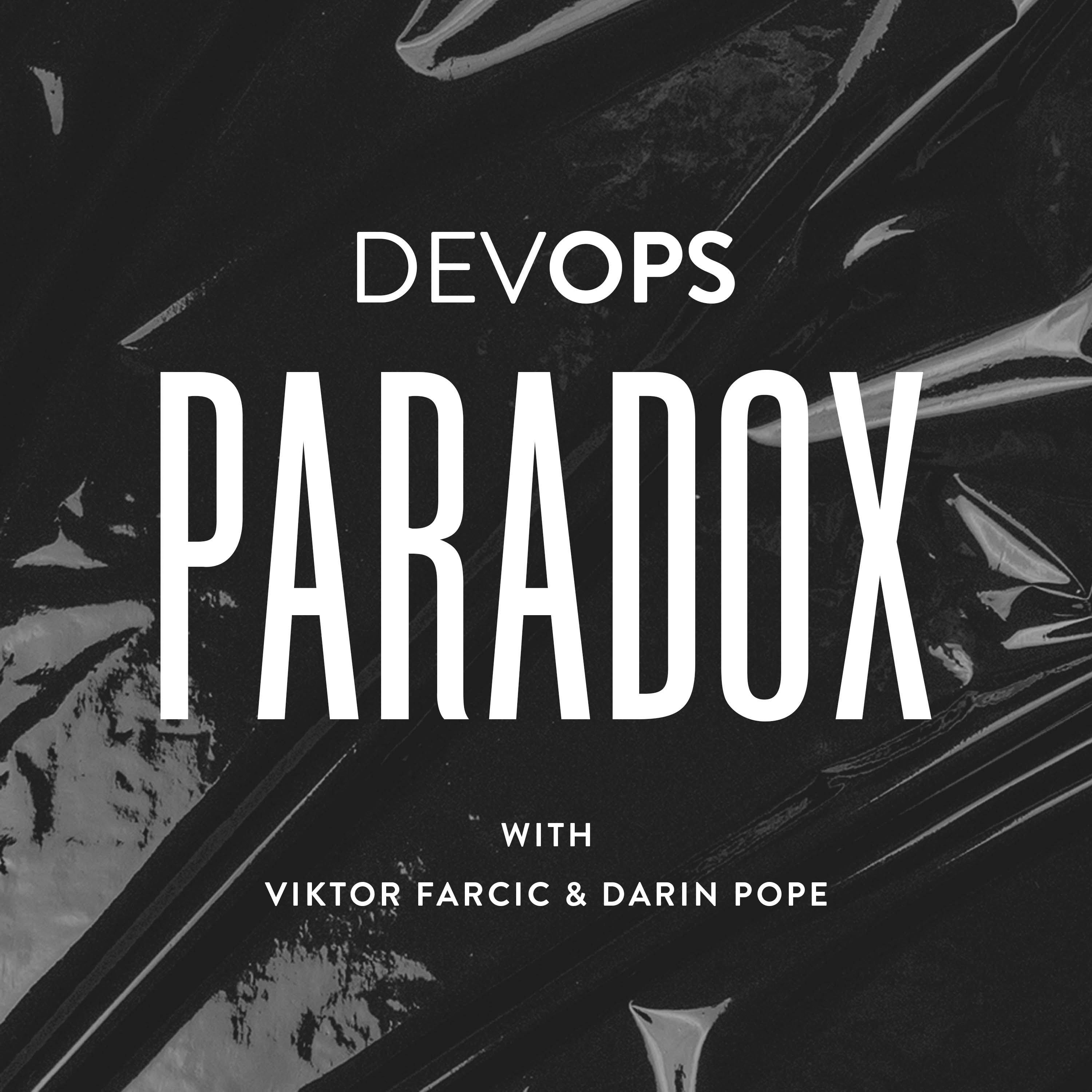
Deep Dive
Why is stability becoming a more important factor for employees when choosing a job in 2024?
Stability has become more important due to market turbulence and the rise in layoffs. Employees are now more focused on job security and the long-term prospects of the companies they join, especially after experiencing or witnessing the impact of layoffs in recent years.
Why are some companies reversing their remote work policies and requiring employees to return to the office?
Some companies are reversing remote work policies to reduce workforce size by having employees opt out, or because they believe in-person interaction is crucial for collaboration and company culture. However, this can lead to dissatisfaction and turnover among employees who prefer remote work.
Why is the balance of hiring entry-level versus senior engineers shifting due to AI?
The balance is shifting because AI tools are making senior engineers more efficient, reducing the need for entry-level hires. Companies are becoming more cautious about hiring early-career talent, waiting to see how AI evolves and impacts the workforce in the next few years.
Why are senior engineers today different from those 10-15 years ago?
Senior engineers today are more skilled at integrating various systems and libraries, rather than being deeply specialized in one area. The focus has shifted from narrow, deep expertise to a broader ability to pull together different technologies and solve complex problems.
Why are companies like Prismatic choosing a fully remote work model?
Companies like Prismatic choose a fully remote model to access a larger and more diverse talent pool, reduce office costs, and provide employees with flexibility. They also find that remote work can be highly effective if the culture and communication practices are well-managed.
Why is unlimited time off a double-edged sword for companies?
Unlimited time off can lead to managers or companies abusing it by discouraging employees from taking time off. It requires strong management to ensure employees take necessary breaks to avoid burnout. On the other hand, it can empower employees to manage their work-life balance better.
Why is the concept of stability affecting the appeal of stock options in startups?
The recent market volatility and cautionary tales of startups failing have made employees more skeptical of stock options as a guaranteed path to wealth. People are now more focused on the stability and long-term prospects of a company rather than the potential for quick financial gains through options.
Why is the location of a company becoming less important for attracting talent?
The rise of remote work has made location less critical. Employees can now work for companies located anywhere, which has expanded the talent pool for companies and given employees more choices. This shift has also reduced the need for employees to live in expensive tech hubs like San Francisco.
Why is it important for companies to offer a balanced total compensation package?
A balanced total compensation package, including salary, benefits, and stock options, allows employees to make informed decisions about their overall value. Employees should consider the total package, not just individual components, to ensure they are getting fair and comprehensive compensation.
Why is Prismatic focusing on building an embedded integration platform as a service?
Prismatic focuses on providing an embedded integration platform to help other software companies build native integrations. This service allows companies to connect their products to other tools their customers use, enhancing functionality and user experience. Prismatic aims to be the backbone of integration marketplaces for SaaS products.
- Employer's market allows for unpopular business decisions.
- Hiring is a significant challenge, regardless of company size.
- Market volatility and post-COVID realities affect hiring.
Shownotes Transcript
#293: As we edge closer to the end of 2024, companies grapple with the complexities of workforce retention and attraction. Companies must navigate post-COVID realities and adjust to altered market conditions. The enduring quest for stability in these uncertain times shapes employee priorities as they seek job security amidst market volatility.
In this episode, we speak with Michael Zuercher, CEO and co-founder of Prismatic, about the challenges and opportunities businesses must address while trying to attract and retain talent.
Michael's contact information:
LinkedIn: https://www.linkedin.com/in/michael-zuercher/)
YouTube channel:
https://youtube.com/devopsparadox)
Review the podcast on Apple Podcasts:
https://www.devopsparadox.com/review-podcast/)
Slack:
https://www.devopsparadox.com/slack/)
Connect with us at:
